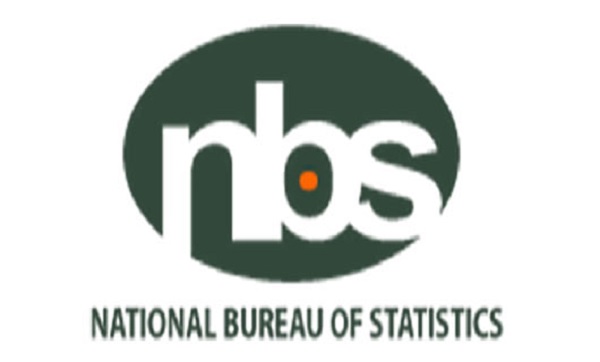The National Bureau of Statistics (NBS) has revealed that 85.6 per cent of the working population in Nigeria is self-employed.
This was according to the NBS’ second quarter (Q2) of the 2024 Labour Force Survey.
The NBS also revealed that shifts in Nigeria’s employment patterns are driven by economic and structural factors.
The report divides employment into two main categories, employees and self-employed individuals.
Workers who receive wages or salaries, including paid apprentices, are classified as employees.
In contrast the NBS said self-employed individuals, commonly known as own-account workers run their businesses independently or in partnership with others.
According to the report, the proportion of self-employed individuals saw a slight increase from Q1 2024’s 84%, despite falling from 88% recorded in Q2 2023.
A gender-disaggregated analysis highlights that while self-employment is more common among women, men are more likely to hold wage-based jobs.
Women have a self-employment rate of 88.3%, while for men it is 82.2%. Additionally, women are more inclined to participate in informal employment, often encountering limited access to formal job opportunities.
In terms of regional differences, rural areas show much higher self-employment rates at 94.3%, compared to 79.7% in urban areas. This illustrates the differences in employment patterns between urban and rural settings.
The National Bureau of Statistics indicated that the high self-employment rate in rural regions is largely due to the prevalence of agriculture and trade-related activities.
The NBS report also highlighted that informal employment continues to dominate Nigeria’s labour market, with 93% of total employment recorded in Q2 2024, indicating a slight increase from 92.7% in Q1 2024.
This highlighted the persistent reliance on informal work for livelihood across the country.
The report also showed that informality remains significantly high, particularly among individuals with lower levels of education.
Workers with no formal education are overwhelmingly engaged in informal employment, accounting for 99% of total employment.
Those with post-secondary education are far less likely to work informally, with only 26.6% of them engaged in this sector.
Excluding agriculture, the trend continues with the share of informal employment dropping to 14.7% among individuals with post-secondary education, while it remains exceptionally high at 98.4% for those lacking formal education.
Significant gender disparities are also present as women are more likely to work informally than men.
In rural areas, informality rates are even more pronounced with 97.5% of workers engaged in informal employment compared to 90% in urban settings.
This disparity between rural and urban areas highlights the importance of agriculture and small-scale businesses in employing in rural regions, alongside the limited availability of formal job opportunities in these areas.





